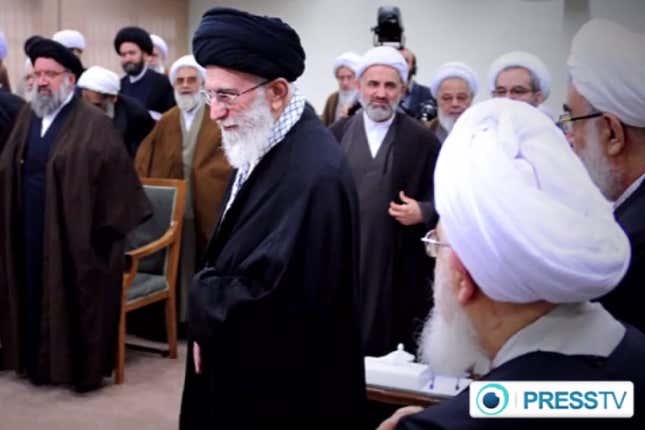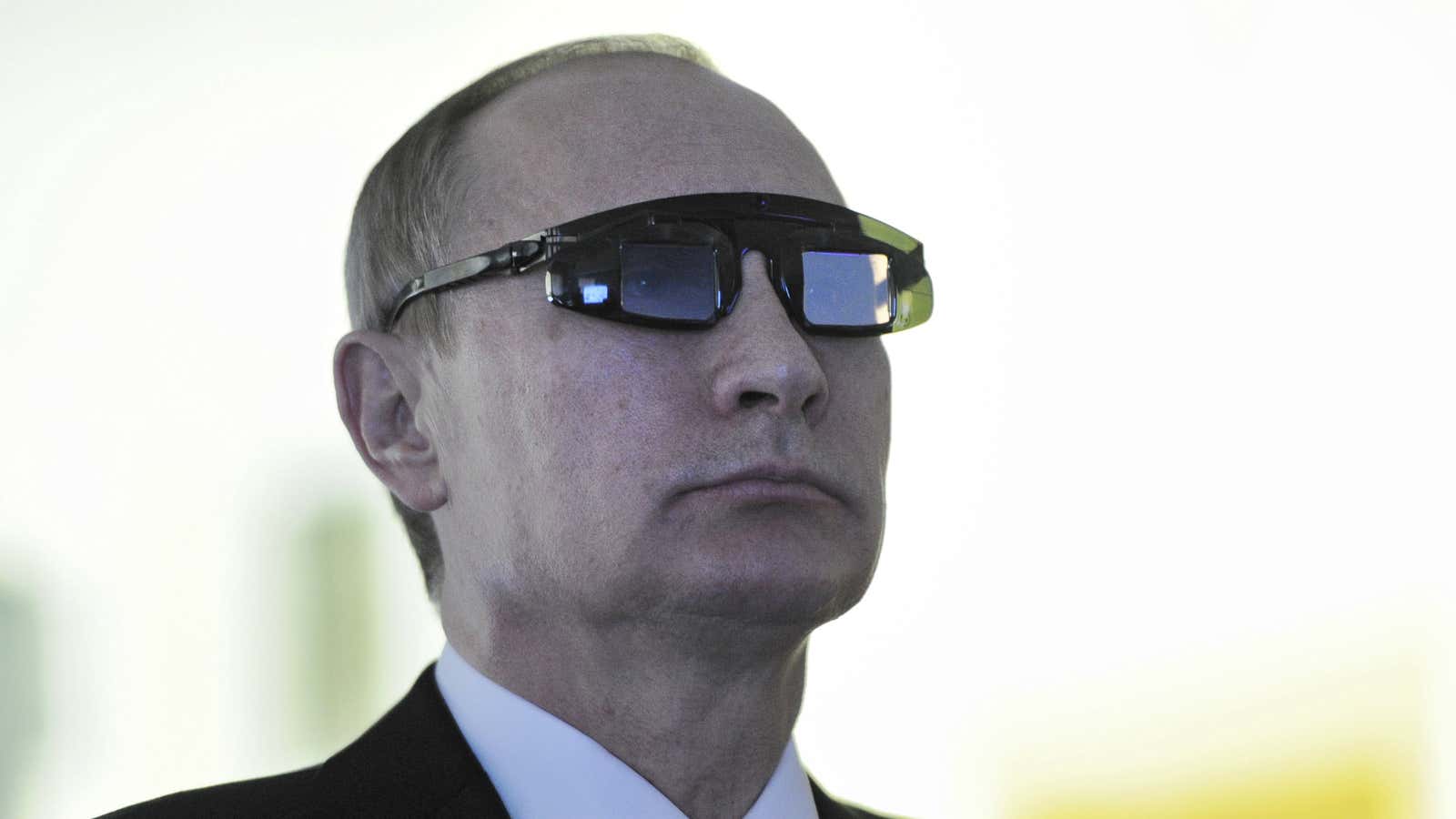Is Russia’s Vladimir Putin deathly ill? Is Iran’s Ali Khamenei too? What about Israel’s Binyamin Netanyahu—is he about to lose re-election?
As if invasions, Islamic uprisings and oil price volatility weren’t enough, now rumors are flying of the physical and political demise of the main actors in some of these major global events.
Some of the talk is demonstrably true—just days after his triumphant March 3 speech before a joint session of the US Congress, Netanyahu is on his heels at home; according to numerous polls, he faces defeat in the March 17 Knesset election.
If Netanyahu does lose, his more moderate opponents seem likely to dramatically shift the tone of Israeli policy, including on talks with the Palestinians and relations with the Obama administration.
Given the events roiling both Iran and Russia at the moment, it would be significant, too, if the reports about Putin and Khamenei are true.
And that’s one reason the speculation persists. The suggestion of a fresh chance to resolve an intractable problem is seductive, even if we know it’s also ghoulish.
Putin, for example, has not appeared in public since March 5, and the Kremlin has had to deflect a wave of speculation regarding his health, including that he has suffered a stroke or is even dead. His absence need not be so ominous. After all, the swine flu is going around Russia, according to this map, so perhaps—probably—he is simply under the weather. And it is difficult to think of a major public figure more seemingly robust than Putin. Yet, the ramifications if he does go—even the unaccustomed impression that he might be politically mortal—make the talk so much more tantalizing.
As for Khamenei, there have been rumors at least since 2009 that cancer has left him with just a few months to live. Reports of his supposed prostate cancer resurfaced over the last two weeks, including versions that say Khamenei is dead, dying, or at most is two years away from that outcome.

Khamenei is not as visibly hardy as Putin, nor at 75 is he a young man. Yet Iranian television today accompanied a piece on him with a series of photographs (such as the one to the left). They were undated, so we cannot judge with certainty, but if they are recent, he does not appear to be particularly ill.
Again, though, the stakes—in the form of nuclear talks, policy on Iraq, Syria and Hezbollah—are so high that observers can barely contain the temptation to speculate.
Of course, what is less seemly is the undeniable element of, for many in the west, anyway, wishful thinking. There’s a sense that policy would be no less favorable under a successor in either Russia or Iran, and possibly would improve.
That we entertain such thoughts is a sign of childishness, hopelessness, or intellectual bankruptcy. We think the only way out of our foreign policy tough spots is if we are dealt an entirely new hand of playing cards.
But history shows otherwise. It demonstrates that with the leaders as they exist, or without them should they really die, crises are usually worked through.
